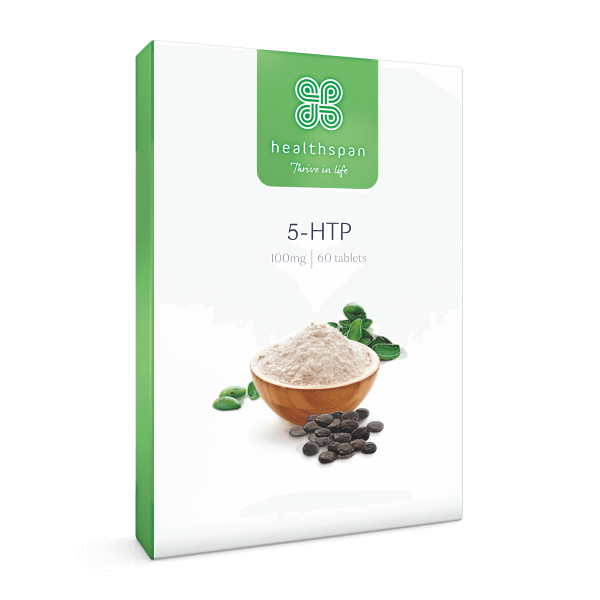The amount of sleep we need varies between individuals and can be determined by age, sex and genetic makeup. According to the NHS, around one third of Britons will suffer from insomnia at some stage in their lives, so here are some tips to maximise your sleep.
What happens when we sleep?
Sleep occurs in a recurring two-part cycle that lasts between 90 and 110 minutes. There are two simple sections, each including REM which means rapid eye movement:
- Non-REM sleep
- REM sleep.
Non-REM sleep happens first and is divided into four sections: light sleep, true sleep and two stages of deep sleep. After 70 to 90 minutes, REM sleep occurs and this is when we dream.
Sleep and energy coach, Dr Nerina Ramlakhan, says sleep is vital as it gives the body a chance to undergo essential repairs. "When we sleep the body spends a lot of time repairing and renewing. Levels of growth hormones rise which promote cell repair, while growth and stress hormone levels drop off," she says.
A good night's sleep with 5-HTP
Our body has its own sleep hormone known as melatonin. It is produced naturally in the body through a process of chemical reactions which begins from an amino acid called tryptophan.
Amino acids are not as confusing as they sound. They are simply tiny compounds that are used in our body for all sorts of important functions. A large amount of our cells, muscle and tissue are made out of them.
The body converts tryptophan, which is found in small amounts of food such as turkey, chicken and dairy products, into another amino acid called 5-hydroxytryptophan, or 5-HTP. This helps increase the body's production of the happy hormone, some of which is then converted into melatonin. This whole process, therefore, is very important for making sure we get plenty of good-quality sleep.

5-HTP 100mg
Converted in the body into serotonin
- Pure, vegan and botanical-source of 5-HTP
- Vitamins C, B3, B6, biotin and folic acid support nervous and psychological functions
- With added zinc for cognitive support
What causes a bad night's sleep?
According to Dr Ramlakhan there are many causes of bad sleep, including poor lifestyle habits such as lack of exercise or consuming too much caffeine. "A poor work/life balance, hormonal changes and a lack of quiet time before bed can also lead to a bad night's sleep," she says. "We can all cope with the odd night of poor sleep but when it happens repeatedly we can become very run down affecting our immune system, digestion, appetite and mood."
Five top tips for a good night's sleep
- Maintain a good wind down routine with some quiet time
- Keep your bedroom cool and dark
- Don't check the time through the night
- Eat a good breakfast as this helps in the production of melatonin
- In bed, relax and breathe deeply from your belly to help you drift off






